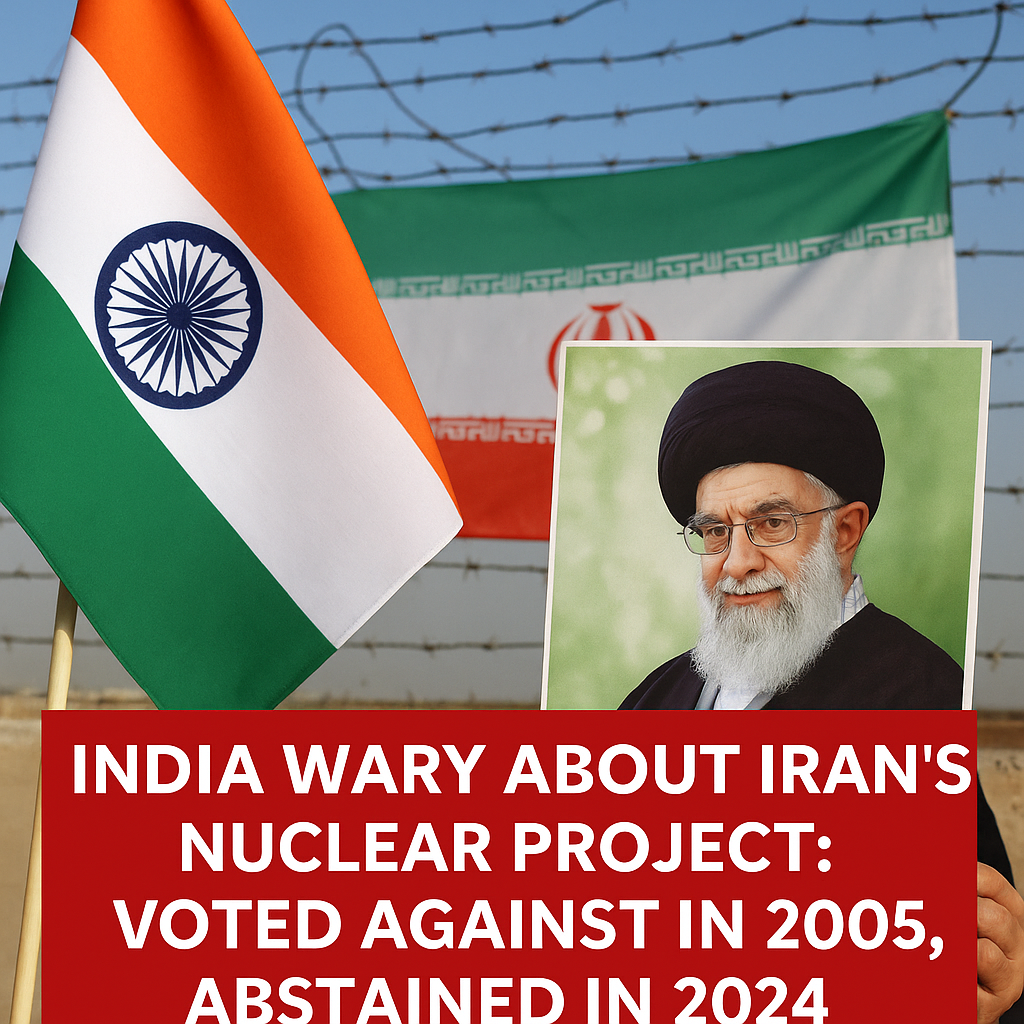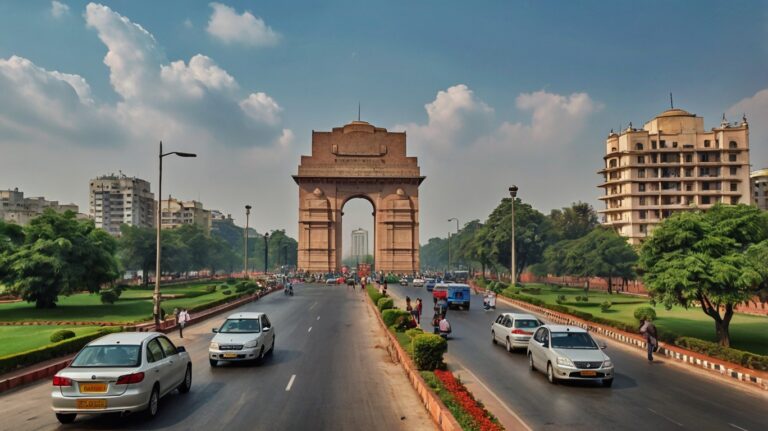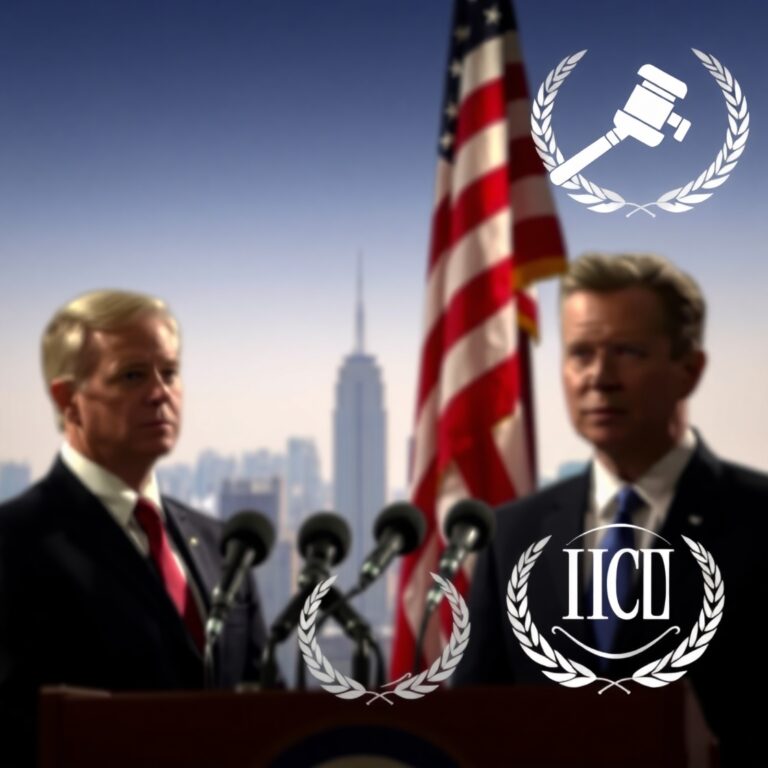
India’s approach towards Iran’s nuclear ambitions has undergone a subtle yet telling transformation over the past two decades. From directly opposing Iran at the International Atomic Energy Agency (IAEA) to strategically abstaining from recent votes, Delhi’s foreign policy reflects its evolving geopolitical priorities and careful diplomatic balancing.
In September 2005, India made headlines when it voted alongside the US and western allies against Iran at the IAEA, accusing Tehran of non-compliance with its safeguards agreement. This was a significant shift for India, which had long maintained a neutral stance on West Asian affairs, especially concerning a country like Iran with whom it shares deep civilisational ties. The timing was no coincidence — India was then negotiating a landmark civil nuclear agreement with Washington, and aligning with the US was seen as a move to demonstrate responsible nuclear behaviour on the global stage.
By 2006, India again voted to refer Iran’s case to the United Nations Security Council (UNSC), solidifying its position under international pressure. However, once the matter transitioned to the UNSC, India deliberately avoided taking a firm public stance, navigating between competing interests — strategic partnerships with the US and Israel, and longstanding ties with Iran.
The geopolitical chessboard shifted once more in 2015 with the signing of the Joint Comprehensive Plan of Action (JCPOA) between Iran and the P5+1. While India welcomed the agreement, tensions reignited when Donald Trump withdrew from the deal in 2017, reinstating sanctions and placing Iran’s nuclear programme under renewed scrutiny.
Between 2017 and 2023, India managed to avoid direct involvement in votes against Iran while maintaining crucial energy, trade, and infrastructure links, notably the Chabahar Port project. However, when the US and E3 (France, UK, Germany) tabled resolutions against Iran in 2024 and 2025, India took a cautious middle path — choosing to abstain rather than vote for or against.
Most recently, in June 2025, India abstained from a resolution condemning Iran’s breach of its 1974 Comprehensive Safeguards Agreement. The decision reflected a nuanced policy: acknowledging Iran’s right to peaceful nuclear energy while urging compliance with international non-proliferation norms.
This diplomatic balancing act underscores India’s strategic calculus. With deepening defence ties with Israel, a comprehensive strategic partnership with the United States, and vital economic and energy interests in Iran, Delhi’s abstentions are less about indecision and more about preserving its space for manoeuvre in a rapidly polarising West Asian landscape.
As the region’s tensions escalate amid Israel-Iran confrontations and renewed international scrutiny of Tehran’s nuclear activities, India’s careful posture aims to safeguard national interests while maintaining its image as a responsible global actor.


